Information democracy
Powerful companies and governments control the way the internet and new technologies are deployed. These actors blur the lines on corporate power in ways that have tremendous impact on people and democracies. The dominant business model of ‘Big tech’ platforms is based on surveillance, polarization and power imbalances. This ‘surveillance capitalism’ has had a global impact on democracy. For example, state and private actors can use the internet and technologies to spread political disinformation, to manipulate electoral results, to attack human rights defenders and to limit civic space.
Filter resources
-

Copyright reform: State of play
In 2016, the European Commission (EC) launched its proposal for a new Directive on Copyright in the Digital Single Market. This reform was supposed to update the previous Directive, to adapt it to the digital world. Since the previous Directive was adopted in 2001 (after a four-year legislative process), technology and the online ecosystem have […]
Read more
-

EU Parliament criticises incompetent Commission work on child abuse
The European Commission proposed its badly drafted “Directive on combating sexual abuse, sexual exploitation of children and child pornography” in 2010. In 2011, it was finally adopted by the Council of the European Union and the European Parliament.
Read more
-
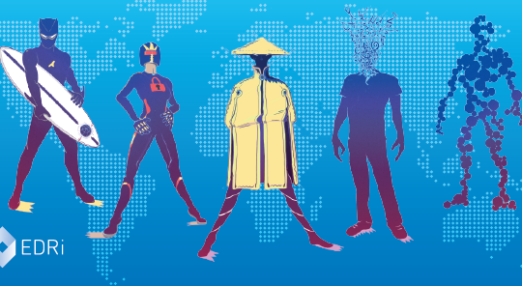
2017: From EDRi to the world
2017 was a busy year for digital rights defenders. To advance our mission to defend and promote your rights to privacy, data protection, and freedom of information, expression and opinion, we worked hard to engage with European level decision-making, but also did our best to get out of the Brussels “EU bubble” and enhance digital […]
Read more
-

Censorship Machine: Busting the myths
The European Union (EU) is currently reforming its copyright legislation. In September 2016, the European Commission proposed its controversial draft for the new Copyright Directive, that includes a mandatory “censorship machine” to filter all uploads from every user in the EU (Article 13). To put an end to some of the most tenacious misconceptions related […]
Read more
-

MEPs demand balanced approach to dealing with illegal online content
On 5 December 2017, a group of 31 Members of the European Parliament (MEPs) sent a letter to the European Commission demanding action on illegal content online. The letter was initiated by Dutch Liberal MEP Marietje Schaake, and its signatories are from across the political spectrum.
Read more
-

Copyright Directive may lead newspapers to become their own censors
Copyright discussions continue in the European institutions. On one hand, Axel Voss, the German conservative (EPP/CDU) Parliamentarian in charge of the dossier in the European Parliament Committee on Legal Affairs (JURI) is on some sort of a stand-by while the German government forms. On the other hand, the EU Council, composed of the relevant ministers […]
Read more
-
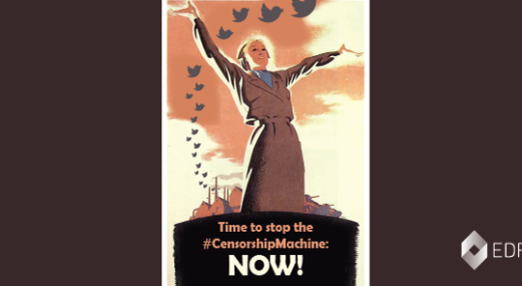
Time to stop the #CensorshipMachine: NOW!
Following the launch of the controversial proposed Copyright Directive in September 2016, the European Parliament and the Member States (gathered in the Council of the European Union) are now developing their positions. Now it’s the time to send a clear message to European Parliament and national governments to oppose the “censorship machine”!
Read more
-

Is anti-plagiarism software legal under EU Copyright legislation?
Are anti-plagiarism technologies compatible with copyright law? Surprisingly, this might not be the case. Anti-plagiarism technology involves machine comparison of works such as diploma theses with pre-existing publications. This activity constitutes a use that is covered by copyright. Since no explicit limitation or exception of authors’ and publishers’ exclusive rights authorises providers and users of […]
Read more
-
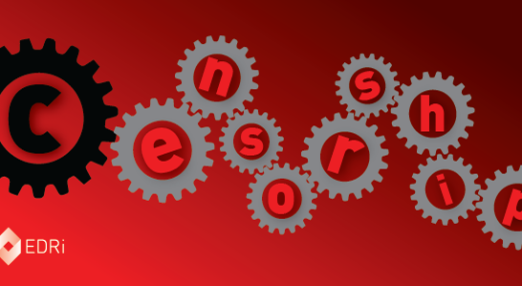
The Civil Liberties Committee rejects #censorshipmachine
On 20 November 2017, the European Parliament (EP) Committee on Civil Liberties, Justice and Home Affairs (LIBE) voted against the mandatory implementation of “censorship machines” (aka upload filters) in its Opinion on the Copyright Directive proposal. After a long process and diligent hard work led by Polish Members of the European Parliment (MEP) Michal Boni […]
Read more
-

Internet protocol community has a new tool to respect human rights
EDRi member Article 19 welcomes the Internet Research Task Force’s new “Research into Human Rights Considerations” as a much needed tool for the internet protocol community to respect human rights.
Read more
-
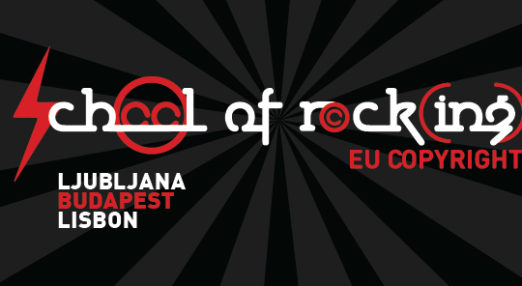
School of Rock(ing) Copyright 2017: (Re-)united to #fixcopyright!
In September and October 2017, EDRi, Communia and Wikimedia co-organised a series of copyright-related workshops: School of Rock(ing) Copyright. The goal of the workshops was to engage local activists, researchers and associations interested in copyright to create new spaces of action at the national and European Union (EU) level.
Read more
-
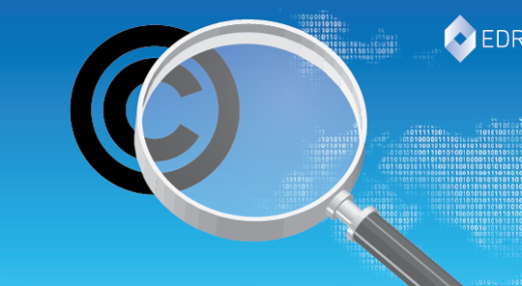
New Estonian Presidency “compromise” creates copyright chaos
Following the launch of the controversial proposed Copyright Directive in September 2016, the European Parliament and the Member States (gathered in the Council of the European Union) are now developing their positions. The Council is working under its Estonian Presidency, which has produced a new “compromise” proposal. After the Estonian Presidency of the Council proposed […]
Read more
